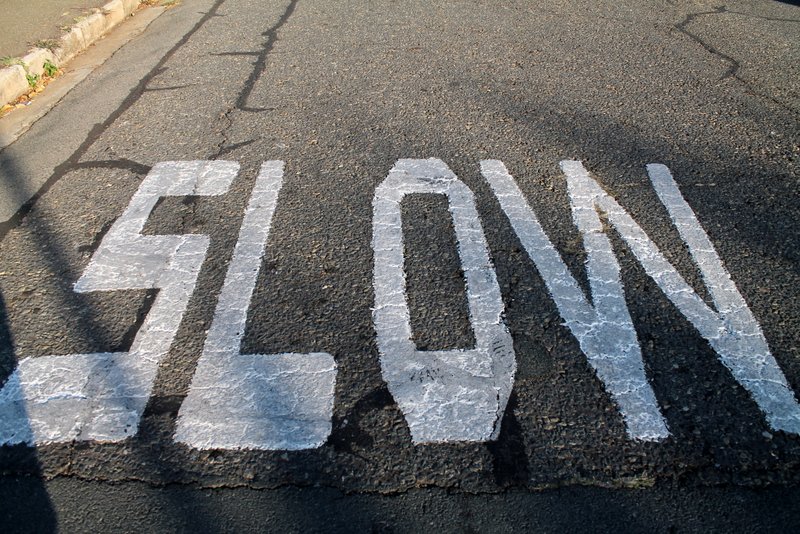One of my favourite experts on goal-setting, Gary Ryan Blair, said this: “success in life requires a short “Yes” list, and a long “No” list”.
I tend to agree with him.
Whenever I coach time management clients or get interviewed on time management tips, one of the first things I tell people is this:
The absolute quickest way to get results with your time is to learn which things to say yes to and which to say no to.
The no list should always be longer.
There are far more demands on our time than we can ever even hope to satisfy. From requests for time commitments to outside stimuli like Instagram, Facebook, Twitter, Whatsapp, phone and text messages, the list goes on and on.
Remember, you always say no to at least one thing when you say yes to something else.
For example…
• if you say yes to volunteering on 3 committees, you’re saying no to one or all of the following: your family, your self-care, your exercise time, your household… one committee is possibly enough.
• if you say yes to that beautiful new pair of shoes you really can’t afford, you’re saying no to your debt-reduction plan and maybe to some more clutter!
No is a small word but is often so hard for some of us to say.
The good news is that saying no is like going to the gym and building some muscle.
It feels very uncomfortable at first but the more you work at it, the easier it becomes.
The first couple of times you’ll probably cringe inside as you hear yourself saying no, wondering if your family, friends and colleagues will still like you.
Once you get a bit more practice, you start to get more comfortable and very soon, you’ll develop an ease and grace about it.
Why should you say no?
1. it helps you set firm boundaries
2. it helps you honour your values
3. it makes you more productive
4. it reduces your stress
5. it frees you to serve where you’re called to with joy
I’m challenging you to slow down and think carefully before you say yes to anything.
In fact, why don’t you start saying, “let me get back to you on that” so you think clearly about the situation before committing yourself.
And when you say no to things that don’t support your goals, you’re free to say yes to all the things that really do matter to you.
Tell me. Do you have more problems saying no to yourself or to other people?
PS if you need some coaching to help you improve your “no” muscle, this is one of my areas of expertise and I’m happy to work with you. Send me an email and let’s set up your session.




















